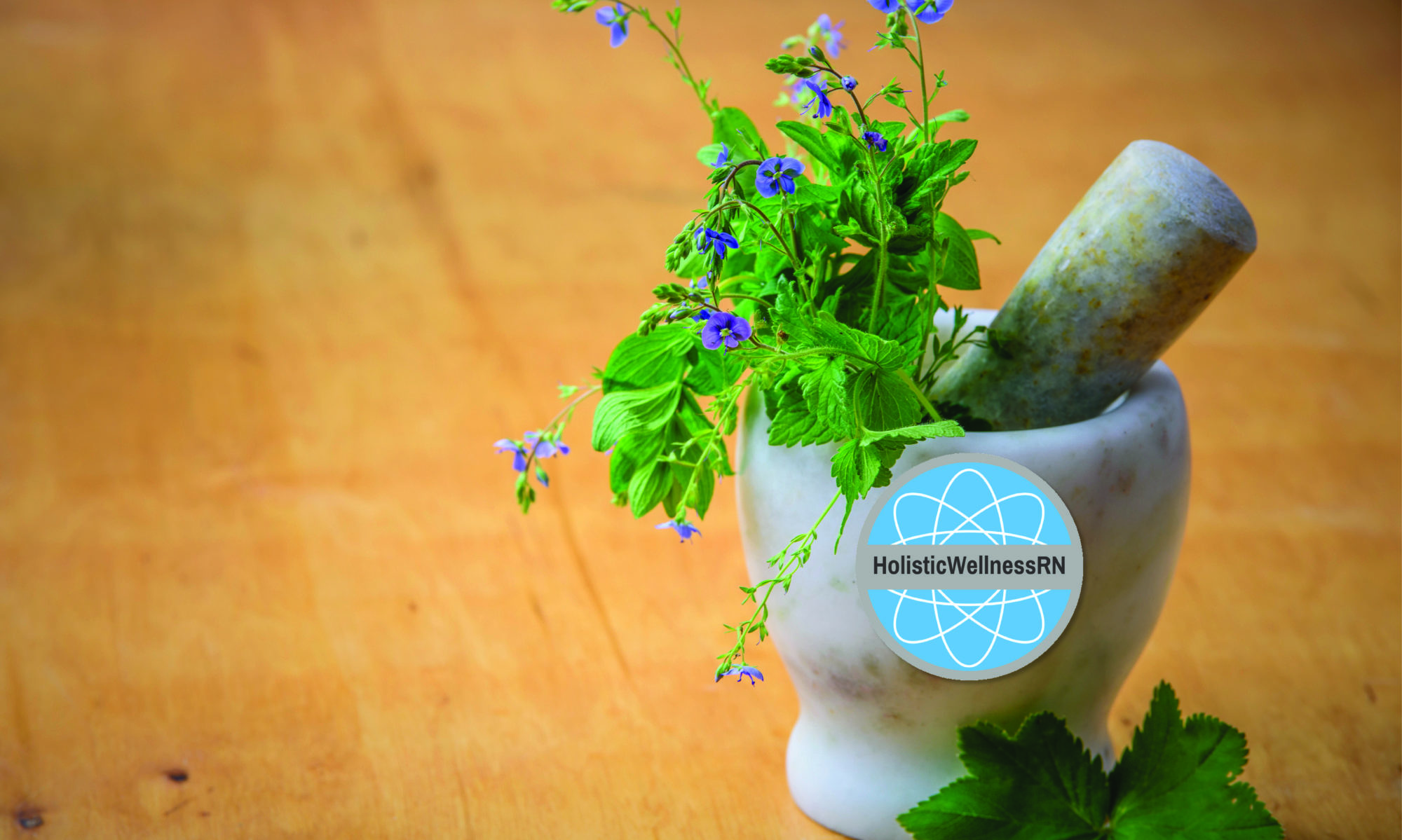
How to be anxiety free in 4 simple ways
Everybody gets anxious or nervous from time to time in situations like going through financial problems or speaking in public. For some individuals, anxiety becomes so dominant and occurs so often that it starts to take over their lives. I personally ended up in the ER in January 2011 convinced I was having a heart attack. My cardiac health was excellent. What was the diagnosis? Generalized Anxiety Disorder!! Let me show you 4 simple ways to be anxiety free.
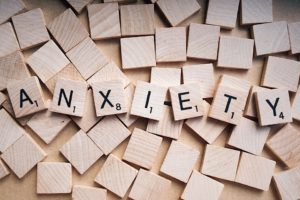
How can you tell if you have generalized anxiety and have crossed the line into a mental disorder?
It isn’t easy. Anxiety can come in several different forms, including social anxiety, phobias, and panic attacks. The distinction between normal anxiety and an official diagnosis isn’t always evident. Below are a few symptoms you may be experiencing and may warrant an examination by your physician.
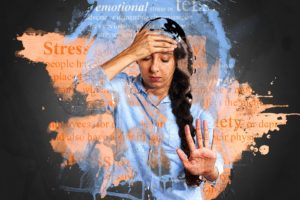
- Excessive worrying: The main feature of GAD (generalized anxiety disorder), which is the largest kind of anxiety, is worrying excessively about the everyday things—both large and small.However, how much worrying is too much?In the case of generalized anxiety disorder, the anxiety must be so bad that it interferes with everyday life and is associated with physical symptoms that are noticeable, such as tiredness.
- Problems with sleeping: Difficulty in staying asleep or falling asleep is linked to a variety of health problems, both psychological and physical. Typically, the individual tosses and turns while trying to sleep. If you find yourself chronically agitated, worried, or lying awake, this may be a sign of some type of anxiety disorder.Some experts recommend that nearly half of all people with generalized anxiety disorder will have sleep difficulties. Anxiety might be involved if you find yourself unable to calm down, your mind is racing, or you wake up feeling wired.
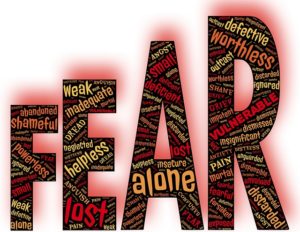
- Irrational fears: Some anxiety isn’t at all generalized. On the other hand, it is attached to specific situations or things, such as crowds, animals, or flying. If the fear overwhelms you or if it is disruptive and out of proportion to the risk involved, it’s a sure sign of a phobia, a type of generalized anxiety disorder. Although it can be crippling to have a phobia, they aren’t always obvious. In fact, they may not show up until you get into a specific situation and find out that you’re incapable of beating your fear.
- Muscle tension: Constant tension in your muscles, whether it comes from flexing your muscles throughout your body, balling your fists, or clenching your jaw, is often an accompaniment to anxiety disorders. The symptoms can be so pervasive and persistent that those who have lived with them for a long period of time will stop seeing it after a while. Getting regular exercise can help control the muscle tension; however, the tension might get worse if an unforeseen force or an injury disrupts the individual’s workout habits.
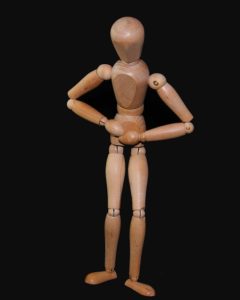
- Having chronic indigestion: Our mind and bodies are interconnected. While anxiety may begin in the mind, it often shows itself in the body by having physical symptoms or chronic digestive difficulties, such as diarrhea, constipation, gas, bloating, cramping, and stomach aches.If you have irritable bowel syndrome (IBS), it isn’t always connected to anxiety; however, the symptoms of IBS and anxiety often go together and can cause each other to become worse. Your GI tract is very sensitive to stress. The social and physical discomfort of chronic digestive issues can make you feel even more anxious.
- Having stage fright: Many people get nervous prior to addressing a large group of people or otherwise being the one in the spotlight. However, if the fear is so strong that no amount of practice or coaching will get rid of it, or if you spend a lot of time worrying and thinking about being on stage, you might have a type of social anxiety disorder known as social phobia.People who have social anxiety generally worry for weeks or days leading up to a specific situation or event, and if they do go through with it, they are usually extremely uncomfortable and may think about it for a long time later, worrying that they were judged.
- Being self-conscious: Social anxiety disorder doesn’t just have to be related to being the center of attention or speaking to a crowd of people. In many cases, the anxiety is caused by everyday situations such as having a conversation at a party, or drinking and eating in front of a small number of people.In these types of situations, those with social anxiety disorder generally feel like everyone is looking at them and they often have symptoms of talking difficulties, profuse sweating, nausea, trembling, and blushing. These symptoms can be so unsettling that they make it difficult to advance at school or work, maintain social relationships, or meet new people.
https://www.webmd.com/anxiety-panic/guide/anxiety-disorders#2
Bottom Line
In reality, if “nervousness,” anxiety or worry are interfering with your quality of life, there is a problem. It could be something as common as work related stress that is causing this. Back in January 2011, one of the root causes of my anxiety was my job. I also had headaches weekly. 5 months later, I left my job. Since doing that, my anxiety and headaches ended.
Try the 4 tips below to be free from your anxiety. If anxiety is crippling your life too much, it may be time to see your doctor. Many doctors will want to prescribe medications. Please research any medication prescribed to you. Medications that are used to treat anxiety come with side effects. For the short time I was taking Prozac, I noticed how “unfeeling” I became. I could not feel any emotion! That didn’t sit well with me and I stopped taking it.

4 Simple Ways to Reduce Anxiety
- Reduce or eliminate caffeine: Caffeine can make symptoms of anxiety worse. Try to start drinking decaffeinated beverages.
- Exercise and diet: Move your body!! Go for a 15 minute walk out in nature. Being in nature has an amazingly good effect on the mind and body. Stop eating processed foods. Incorporate more whole foods into your diet. Eat more fruit and vegetables.
- Practice Mindfulness: Being mindful has a calming effect on your mind and body. See my earlier post on 3 ways to practice mindfulness.
- Start Meditating: There are tons of meditation videos on YouTube. Here is one you can start with by MindfulPeace: https://www.youtube.com/watch?v=MR57rug8NsM&t=57s
Almost 7 million people suffer from anxiety. There is a light at the end of the tunnel. Start by doing the 4 tips mentioned above. Take action and regain control of your life!
